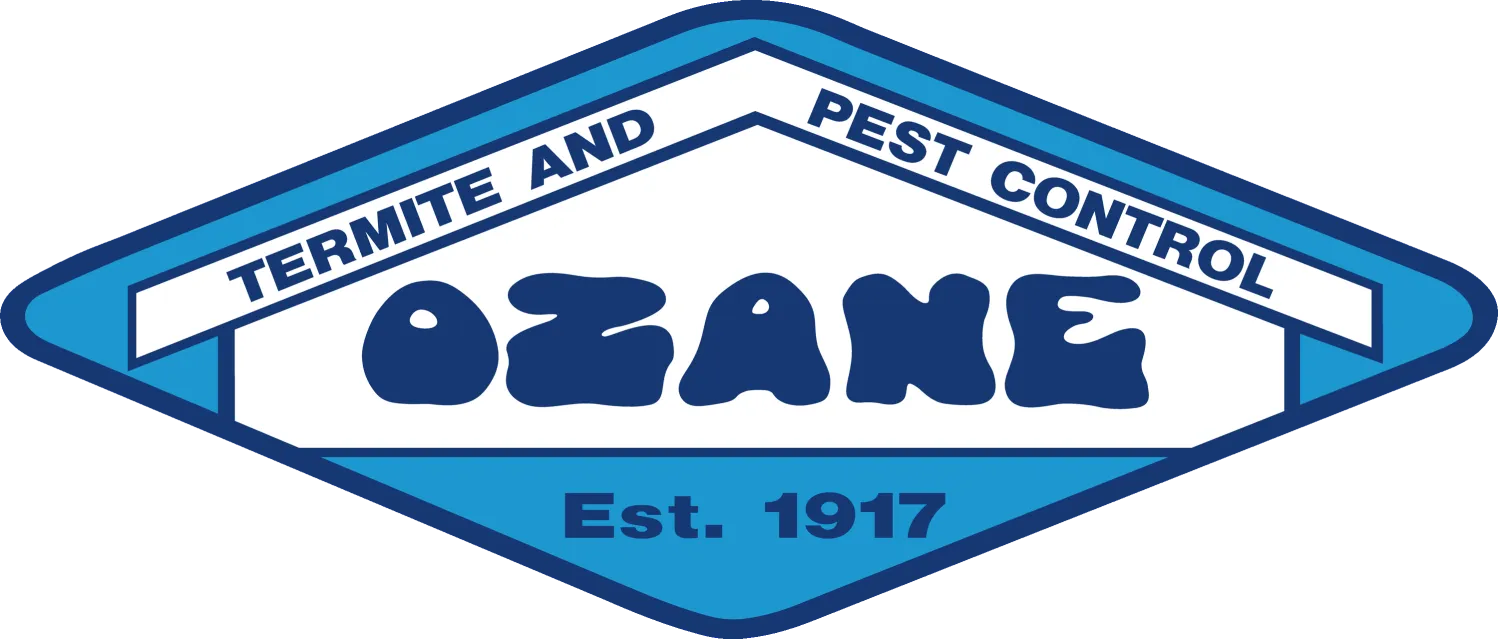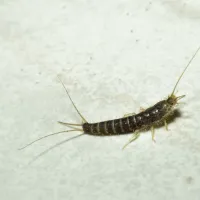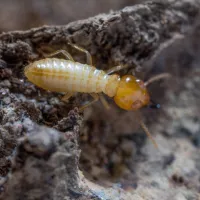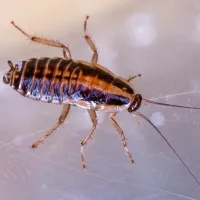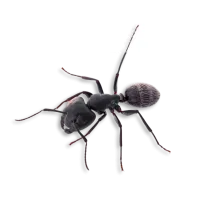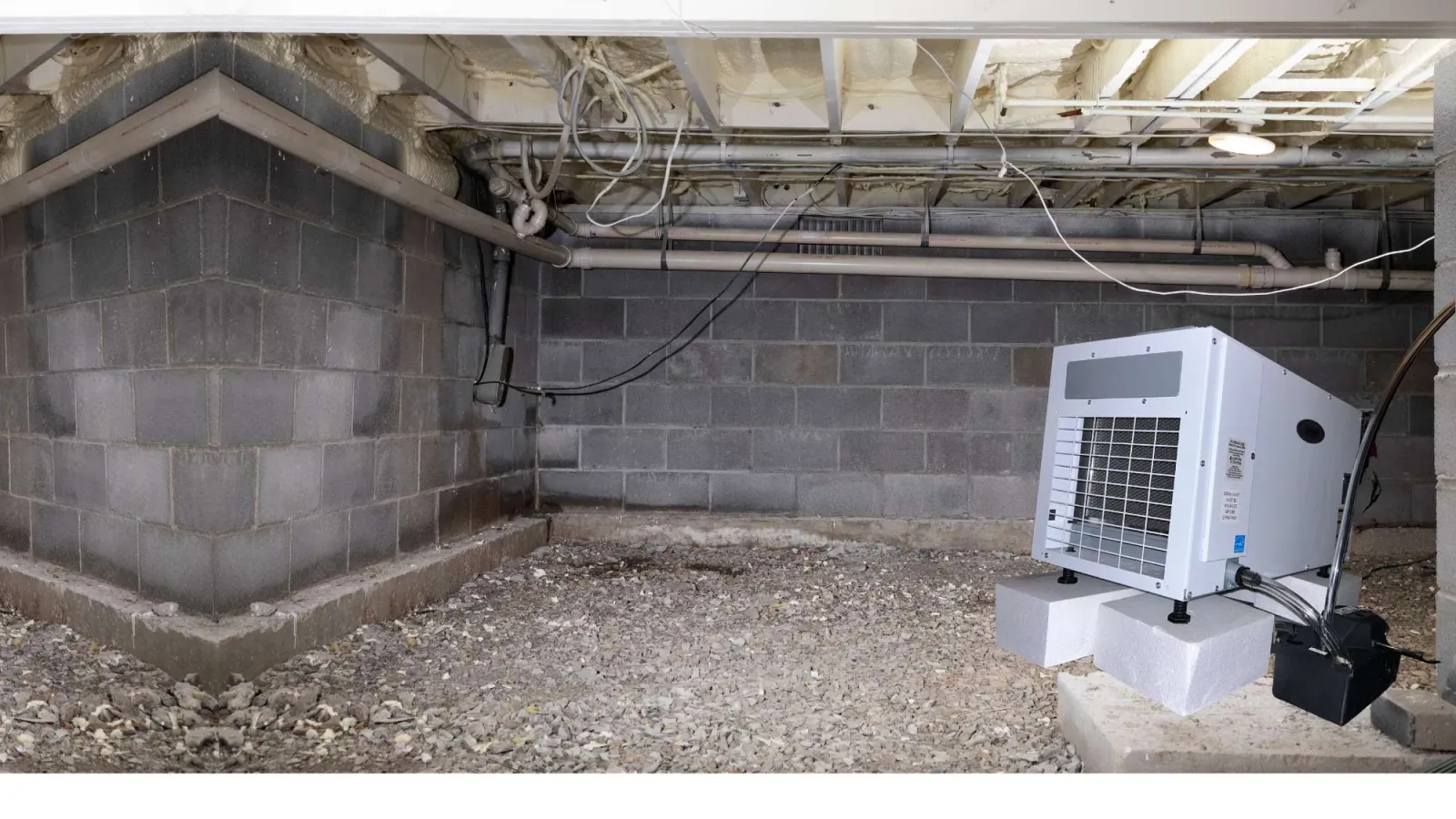
Crawl Space Dehumidifiers
For Monmouth & Ocean County Homeowners
Crawl Space Dehumidifiers & Moisture Solutions
Homes in Ocean and Monmouth Counties deal with high humidity levels year-round, especially in summer. Crawl spaces, basements, and other areas below grade often trap this moisture. Left unchecked, damp air in a crawl space can:
Create the perfect environment for mold and mildew growth
Attract pests like termites, cockroaches, and rodents
Lead to wood rot and structural damage
Circulate poor-quality air into the living areas of your home through the stack effect (air rising from the crawl space into your home)
A dehumidifier is the most effective way to control crawl space moisture levels. By pulling excess moisture out of the air, a dehumidifier keeps relative humidity in the safe zone (ideally below 55%), protecting both your home and your family's health.
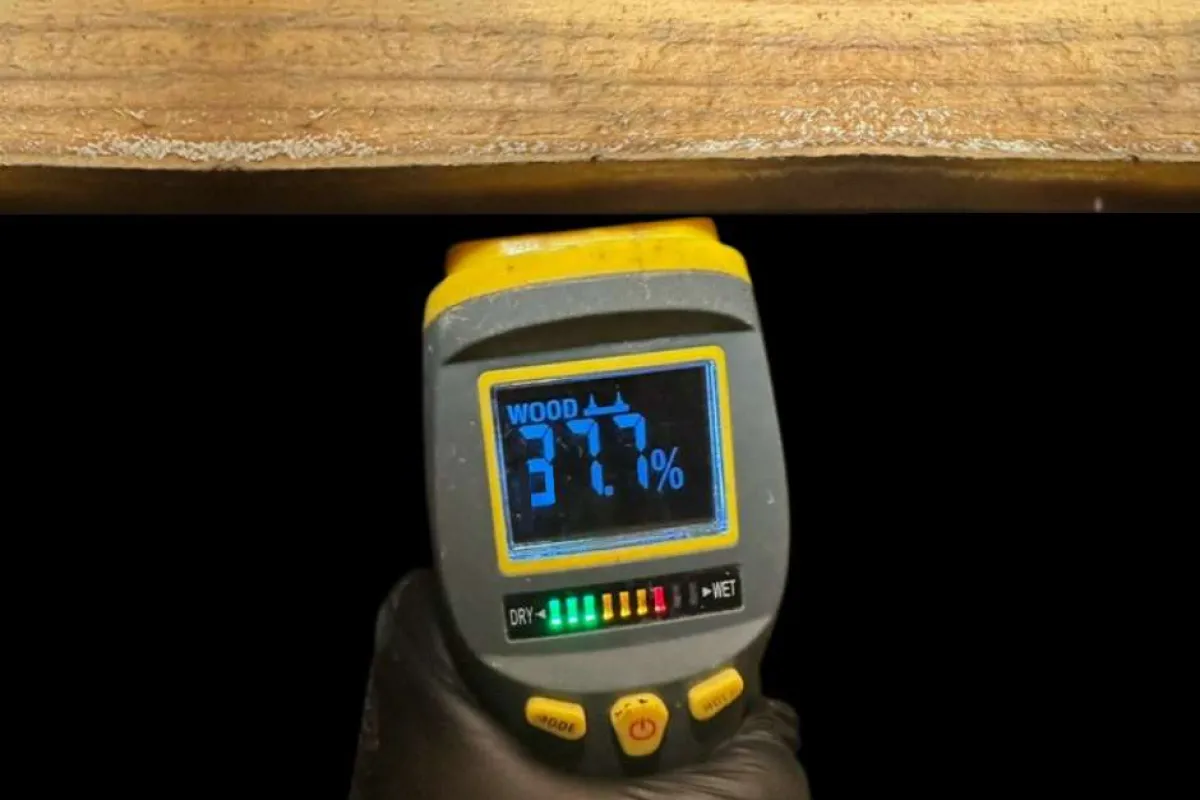
How Dehumidifiers Work
Designed To Pull Excess Moisture Out of Air
A dehumidifier's main job is to take the extra moisture out of the air so your home feels more comfortable and stays protected from mold, mildew, and pests.
-
Pulls in Humid Air - A fan inside the unit draws in damp air from the room, basement, or crawl space.
-
Removes Moisture - The air passes over cold coils, which cause water vapor to condense into liquid (like condensation on a cold glass).
-
Collects Water - That moisture either drips into a built-in tank or drains through a hose.
-
Releases Dry Air - The dehumidifier warms the dry air slightly and releases it back into the space, lowering the overall humidity.
By repeating this process, dehumidifiers keep humidity levels balanced — usually around 40-50%, which is ideal for preventing mold, mildew, wood rot, and pest activity.

Why Do I Need A Dehumidifier?
Crawl Space Moisture Control
Benefits of Crawl Space Dehumidifiers
- Mold Prevention: Keeps spores from spreading into your home.
Structural Protection: Prevents wood rot, warped floors, and foundation damage.
Improved Indoor Air Quality: Reduces allergens, odors, and pollutants pulled into living spaces.
Pest Deterrent: Drier crawl spaces are less attractive to termites, rodents, and insects.
Energy Efficiency: A drier home is easier to cool in the summer and heat in the winter, lowering utility costs.
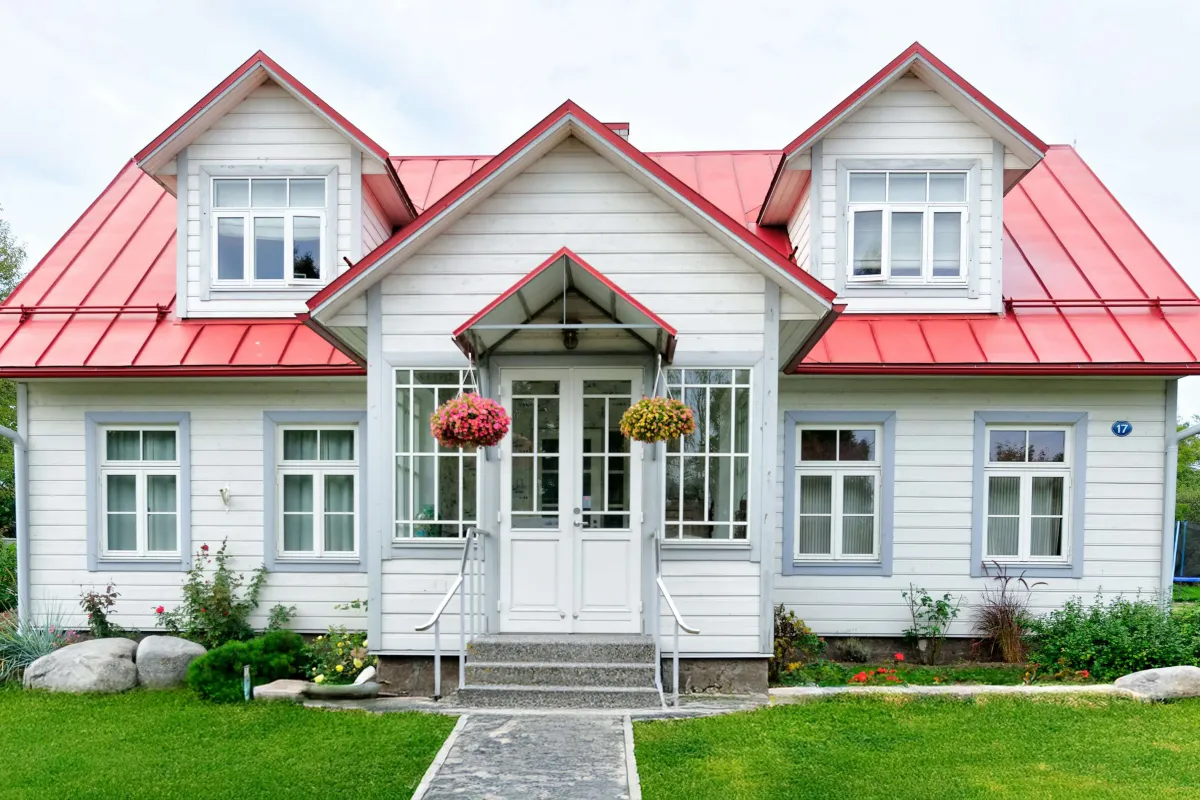
A Complete Crawl Space Solution
Dehumidifiers, Vapor Barriers, and Flood Vents
On their own, dehumidifiers do a great job pulling excess moisture out of the air. But they work even better when combined with a crawl space vapor barrier—and in some areas, flood vents and crawlspace insulation. Together, these solutions create a full moisture-control system for homes in Ocean and Monmouth Counties.
-
The vapor barrier stops ground moisture from rising.
-
The dehumidifier pulls excess humidity out of the air.
-
Flood vents allow water to enter and exit, balancing pressure on foundation walls.
Crawl space insulation helps regulate your home's temperature.
Common Pests Attracted To Moisture
Make Your Home Less Attractive To Pests
Dehumidifier FAQs
Why do I need a dehumidifier if I live near the Jersey Shore?
Homes along the Jersey Shore often struggle with high humidity from the ocean air. A dehumidifier helps control indoor moisture, preventing mold, mildew, wood rot, and musty odors.
Will a dehumidifier help protect my crawl space?
Yes. Crawl spaces are especially vulnerable to moisture buildup. A professional-grade dehumidifier keeps humidity at safe levels, protecting your foundation, insulation, and air quality. However, they often work best when combined with crawl space insulation, vapor barriers, or flood vents.
Can a dehumidifier help with pests?
Absolutely. Many pests — like termites, cockroaches, and silverfish — thrive in damp environments. Lowering humidity makes your home less attractive to them.
Will using a dehumidifier increase my energy bills?
While a dehumidifier does use electricity, it can lower overall energy costs by making your air conditioner run more efficiently and protecting your home from costly moisture damage.
